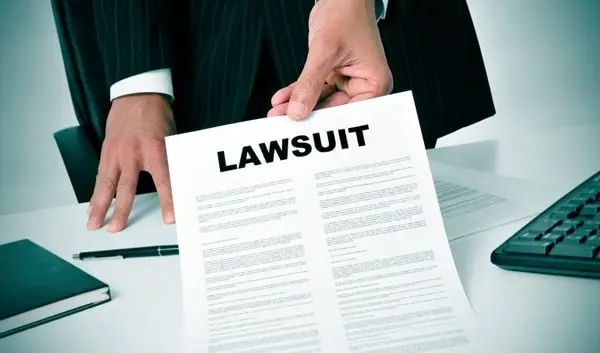The Bard hernia mesh lawsuits represent one of the most extensive mass tort litigations in recent years, with tens of thousands of claims filed by patients who allege serious injuries and complications from Bard’s hernia mesh implants. These cases, consolidated in both federal multidistrict litigation (MDL) and Rhode Island state court, reached a milestone in October 2024 when Becton Dickinson (BD), Bard’s parent company, agreed to settle around 38,000 cases. Reports suggest the total settlement may exceed $1 billion, with payouts beginning at the end of 2024 and extending over multiple years.
Background and Allegations Against Bard
The lawsuits against C.R. Bard and its subsidiary Davol Inc. allege that their hernia mesh products, made with polypropylene, are defective, leading to severe complications for patients. The plaintiffs claim that Bard failed to adequately test these products and did not sufficiently warn medical professionals and patients about the risks involved. Some of the reported complications include chronic pain, infections, mesh migration, organ damage, and recurring hernias, which often require additional surgeries for correction or mesh removal, if possible. Due to the nature of these injuries, many plaintiffs have faced prolonged pain and financial hardship due to medical costs.
Key Developments in the Litigation Process
The Bard hernia mesh MDL was established in 2018 in the Southern District of Ohio, and cases have been ongoing in Rhode Island state courts as well. Bellwether trials, which help gauge the strength of claims and potential settlements, began in 2021. While Bard won the first trial, subsequent trials resulted in plaintiff victories with increasing damages, including a $4.8 million verdict in Rhode Island state court in 2022 and a $500,000 award in a federal case in 2023. These outcomes likely contributed to BD’s decision to settle the remaining cases rather than risk further adverse verdicts.
Settlement Agreement Details
The October 2024 settlement is set to resolve the bulk of the hernia mesh claims against Bard. The agreement covers cases in the Ohio MDL and Rhode Island state courts, totaling approximately 38,000 claims. While specific compensation amounts are confidential, many estimates suggest that payouts could range between $50,000 and $100,000 per claimant, depending on individual circumstances such as the severity of injuries and medical expenses. BD’s latest financial report indicates the company set aside $1.7 billion for product liability, a substantial portion of which will go toward the hernia mesh settlements.
The settlement does not imply an admission of liability by BD or Bard, as the company continues to deny wrongdoing. However, BD has agreed to compensate affected patients, with the first round of payments expected by the end of 2024. Despite this agreement, claimants who do not accept settlement terms retain the right to pursue individual claims in court, although this path involves additional litigation challenges.
Complications and Implications for Patients
The complications linked to Bard hernia mesh products highlight significant risks with polypropylene mesh, which can lead to infections, adhesion to surrounding organs, bowel obstruction, and, in severe cases, organ perforation. These complications frequently require additional surgeries, and in some cases, the mesh cannot be safely removed due to scarring. Consequently, many plaintiffs argue that Bard’s warnings were inadequate, leaving them unaware of potential long-term risks.
Broader Implications for Medical Device Litigation
The Bard hernia mesh litigation underscores growing concerns about the regulatory processes for medical devices. Critics argue that the U.S. Food and Drug Administration’s (FDA) 510(k) clearance process, which allows new devices to gain market approval based on similarities to existing products, lacks stringent safety oversight. This case has spurred calls for FDA reform to ensure that devices undergo rigorous safety testing before being approved for widespread use.
Moreover, this litigation may prompt other hernia mesh manufacturers to re-evaluate their own liability strategies. With similar lawsuits filed against other companies, such as Ethicon and Atrium, the outcomes of Bard’s settlements could influence future resolutions in related MDL cases.
Conclusion: What the Settlement Means for Affected Patients
For those affected by Bard’s hernia mesh products, this settlement provides a path toward financial compensation, though individual amounts may vary based on the specifics of each case. With Bard’s settlement potentially exceeding $1 billion, this case marks a significant development in holding medical device companies accountable. For patients who continue to experience complications, it’s essential to consult with legal professionals to explore remaining options, particularly if they are considering opting out of the settlement to pursue individual claims.
The Bard hernia mesh litigation has served as a catalyst for discussions on medical device safety and corporate accountability, with potential reforms on the horizon. As compensation processes begin, patients and advocates continue to monitor outcomes, hoping for changes that prioritize patient safety and more rigorous testing standards for medical devices.


